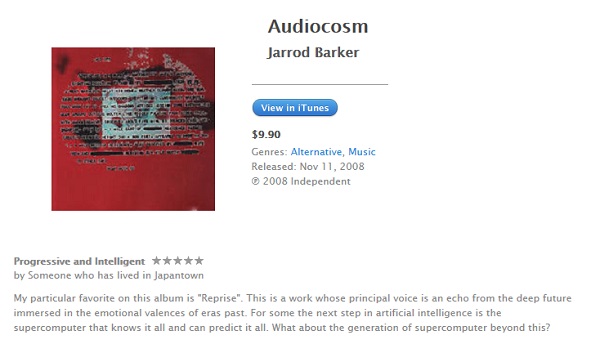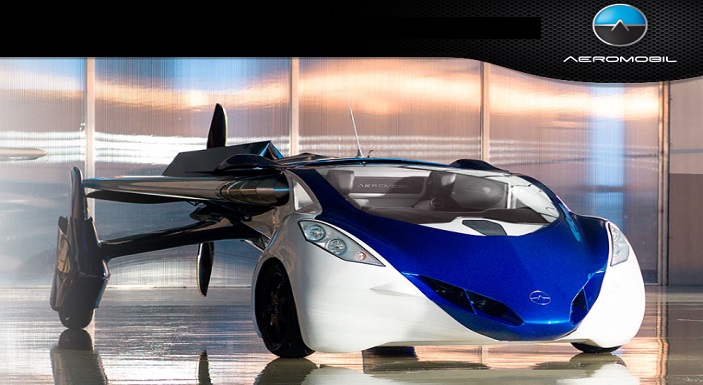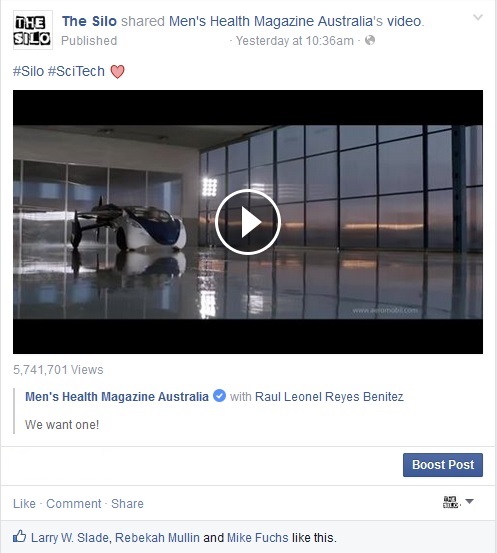Come on, you have to admit. It’s a lot of fun to stumble around YouTube with that old pre-internet habit of television channel surfing surprising you with random discoveries.
When I do, I particularly enjoy reading comments left by others who have somehow found their way to whatever it is I happen to be watching. This comforts me because I know that this method of purposeful and accidental consumption of media is not exclusive to me [many comments start with: “Not sure how I ended up at this video but….” or ” __________led me here.”] but perhaps I’m alone in the belief that spontaneous discoveries help connect me better to the production. I think what I’m talking about is called “verisimilitude” and no doubt as I type this out there’s someone trying to figure out how they’ve discovered the same excellent BBC synth documentary that I discovered by chance: Synth Britannia.
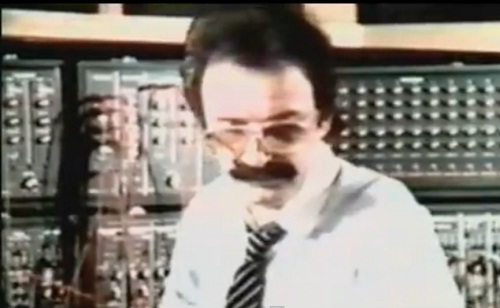
A few years ago, I was enjoying reading a guest editorial in Wired by comedy bull Will Ferrell. )
Not one to beat around the bush, Will wanted to know what had happened to the future? Specifically the future suggested if not promised in comic book ads to the then pre-adolescent Will Ferrell. He asked, where were the Jet packs, autopilot-flying cars and robot butlers? It occurred to me that if Will was an electronic musician he would have come to the same conclusion that the producers of Synth Britannia did while they drew up the plans to make their excellent documentary: The future did come, it just wasn’t so literal.
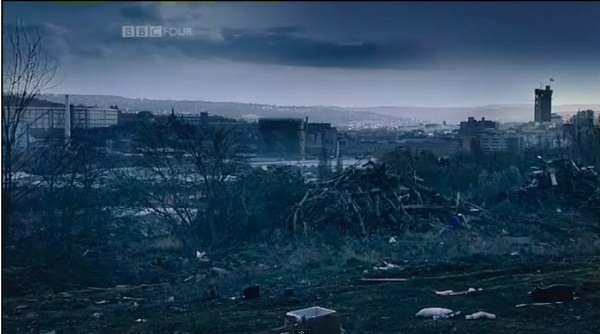
To compound matters this future somehow passed by all of us, unless perhaps you were a student of history or an existentialistic, free-radical electronic acolyte or computer programmer back in the golden age of dystopia vision. I call this era the ‘other’ 1970’s.
I have added the qualifier: ‘other’ 1970’s, because today’s media mistakenly focuses on reinforcing the bell-bottom, disco driven qualities of the 1970’s but there was a much more robust, artistic movement running against the grain in the same way that meaningful art has always done. This movement bridged fashion, art, cinema, sound design and of course music and if you want to learn more while being thoroughly engaged, then spend some time paying attention while you watch Synth Britannia.
You might even find yourself considering an impulse purchase of a mini Korg 700S. I know I did.
Supplemental- While I polished this article, one thing became apparent. New music or to be specific, those new artists that are being profiled on national television as new music agents are all lacking the one thing that characterizes the heroes of this column. Simply put, today’s music heroes are not a unity of ideas and expression. They are not bands. They are performers representing wish fulfillment with no sense of genuine attitude or social commentary and perhaps even worse, no sense of daring inventiveness. So far, most (but not all-there are exceptions) of today’s star performers are ‘safe’, predictable and lacking in terms of communicating their alienation. They have become game show contestants. This is because media business (in other words the television networks) has formulated and created what is palatable to an audience. The home video game market further suggests and reinforces created fantasies with interactive games that essentially boil down to a form of karaoke or twister. Simply put, new consumer habits are being engineered and I’m sure they always will be.
So, as listeners, is it fair to say that we no longer think for ourselves and we no longer question what is ‘good’ or ‘impactful’? With today’s de rigueur promise of dream and wish fulfillment (in terms of television shows that empower an audience with voting privileges to create the next pop star) that most crucial artistic ingredient: “individualized commentary” has been eradicated. Even more alarming is that consumers’ freedom of choice is being challenged.
That’s likely because the major media corporations feel wholly threatened by what the internet promises: a vast sea of content that is discoverable and searchable by desire or by chance.
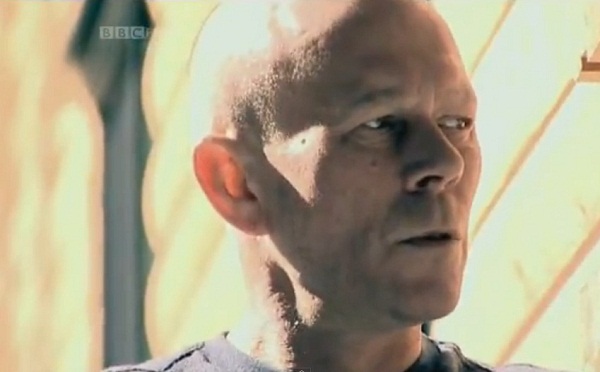
So-is it fair to say that we have become woefully inadequate in identity and informed choice? If there is art, angst and message, where can we find it? Try channel surfing around YouTube and follow what catches your interest. For the Silo, Jarrod Barker.
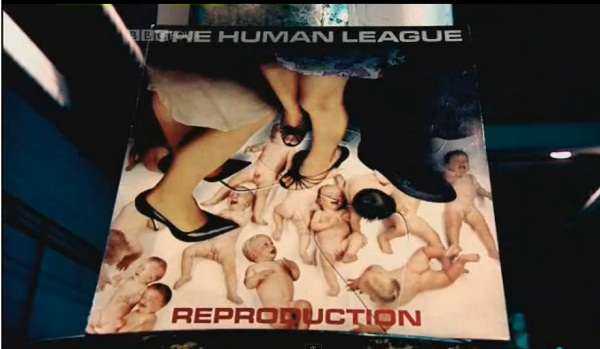
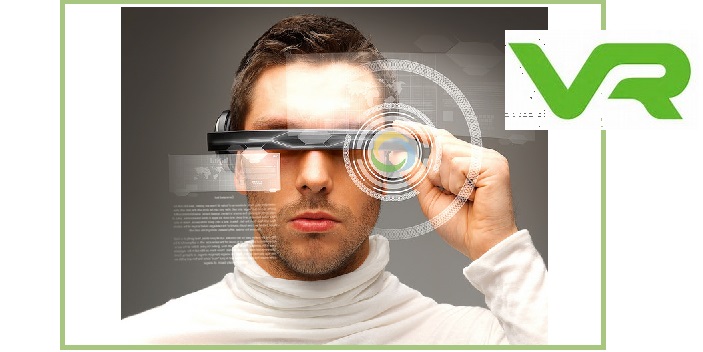
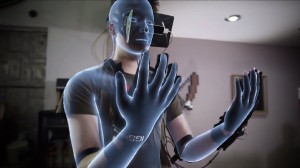 The implications of what Virtual Reality can achieve are vast, and it is predicted that VR will seep into every area of our lives in the very near future. VR is not just a concept that excites the entertainment business, but has a very real presence in some of the world’s most essential industries. However, many people remain skeptical about the impact virtual reality will actually have and suggest that it is only an attractive concept for gamers. Although it is true that VR is a fantastic way to improve online gaming, it has already been used in the medical and manufacturing industries, proving that virtual reality is
The implications of what Virtual Reality can achieve are vast, and it is predicted that VR will seep into every area of our lives in the very near future. VR is not just a concept that excites the entertainment business, but has a very real presence in some of the world’s most essential industries. However, many people remain skeptical about the impact virtual reality will actually have and suggest that it is only an attractive concept for gamers. Although it is true that VR is a fantastic way to improve online gaming, it has already been used in the medical and manufacturing industries, proving that virtual reality is  Entertainment
Entertainment